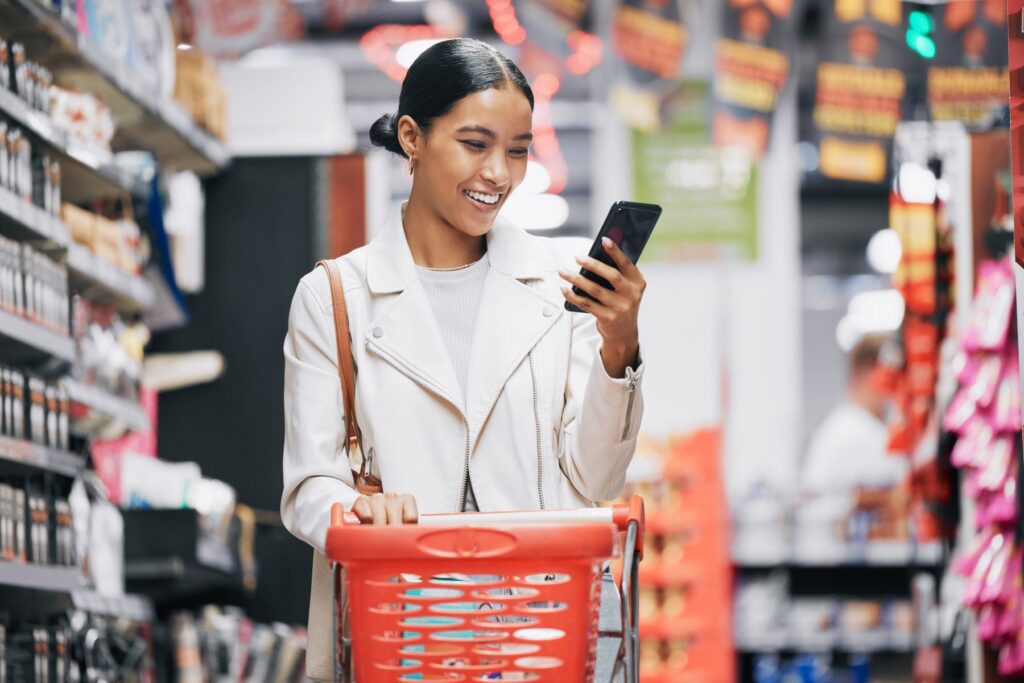Ricoh USA is one of the bigger tech companies in grocery you’ve never heard of.
That’s because the Ota, Tokyo, Japan-based multinational firm often works in the background of the industries it serves, deploying supply chain robotics, automating micro fulfillment centers, installing cameras in automobiles, and building massive printers that produce large-scale graphics for everything from display windows to sale signs in stores.
Online virtual home tours on sites like Zillow that feature 360-degree views are built using Ricoh cameras, and the platform that stitches it all together is made by Ricoh, explained Ricoh USA Vice President of Retail Industry Carl Rysdon in an interview with Supermarket News.
It’s Ricoh’s work in the video and marketing industries that made the company decide to launch a retail vertical a few years ago that caters specifically to the market, Rydson said.
In early May, they took it a step further with the debut of Turnkey Media, an all-in-one platform that aims to engage shoppers with in-store electronic displays.
The interactive content available through the digital displays can “influence purchase decisions while also providing key insights into customer behavior,” according to the company.
“The reality in grocery is that the vast majority of the shopping is taking place in the store,” Rysdon said. “So what we’re doing with Turnkey is we’re giving brands a channel to market for their retail partners.”
Rydson acknowledged that putting digital screens in stores is nothing new, but even large retail operations that have deployed retail media networks in their stores via the electronic displays have faced challenges with support in the field to keep them functioning properly.
That’s where the Turnkey concept comes in, according to Rydson. “We don’t just sell screens or sell the technology, we sell it as a turnkey offering,” he said.
“We are able to manage any issues out in the field with our very large field service organization that’s direct employees of Ricoh who can get in there right away and make sure that you don’t have dark screens that your advertisers are paying money for,” he said.
The screens are more than high-tech ad displays and serve to offer practical information for shoppers, such as helping them navigate the store to products, offering digital coupons, providing product information, and connecting to shoppers’ phones to enable augmented reality.
“We can allow you to use your mobile device to walk you straight to where the item is in the store for example,” Rydson said.
Rydson was unable to disclose Ricoh’s grocery clients but said they’re “working with some of the largest players in the U.S., and we’ve deployed at thousands of stores at this point.”


